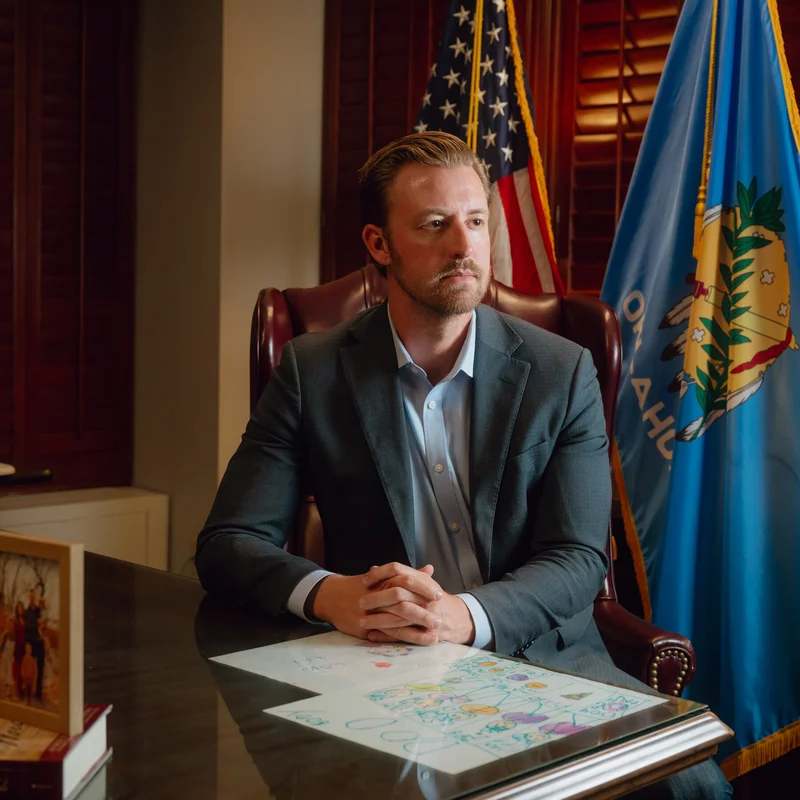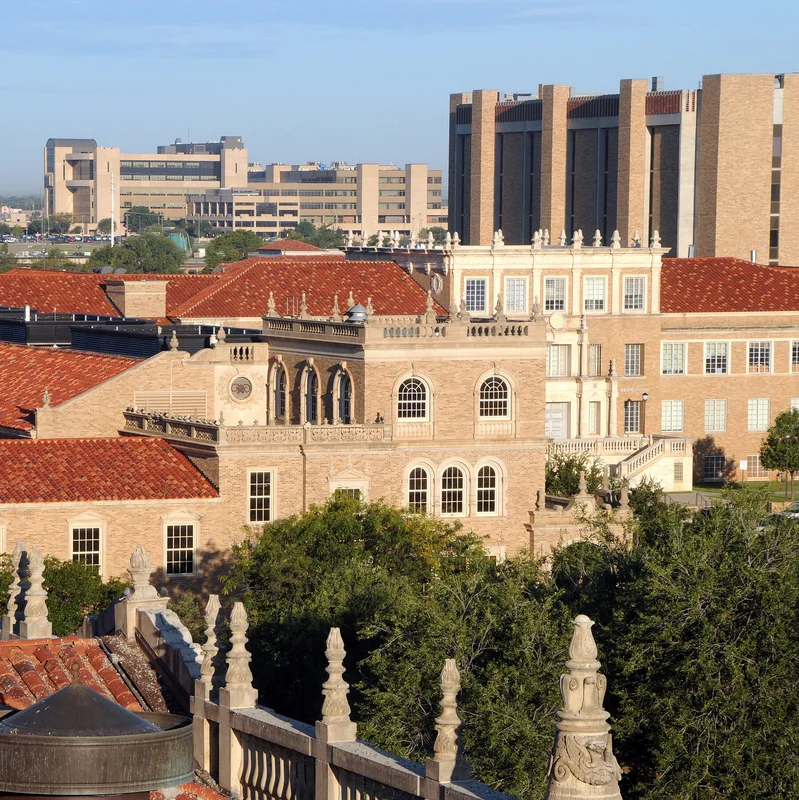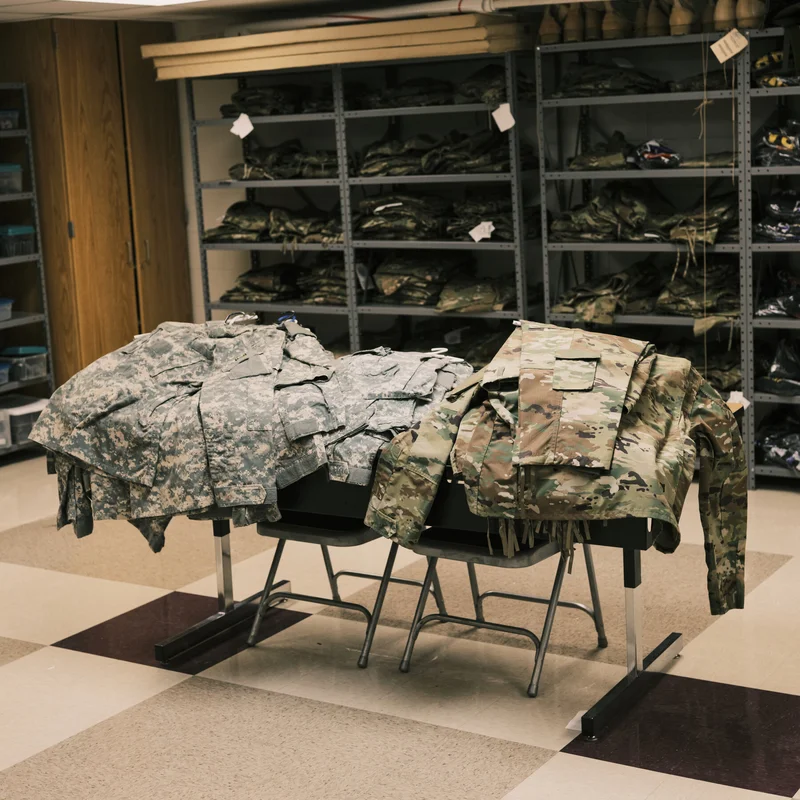Jonathan Lear, the bold and deeply humanistic philosopher who defied academic convention by training as a psychoanalyst to better understand Freud—and who traveled to the Crow Nation to study resilience firsthand—has died at age 76. His death, confirmed by the University of Chicago where he taught for nearly three decades, marks the loss of a rare intellectual who believed philosophy must be lived, not just theorized.
A Philosopher Who Lived His Questions
While many scholars debated ideas from the safety of their offices, Lear stepped into the world. To explore how cultures confront existential loss, he spent time with the Crow Nation in Montana, documenting how the near-erasure of their traditional way of life forced a radical reimagining of hope and identity. The result was his acclaimed 2006 book, Radical Hope: Ethics in the Face of Cultural Devastation.
Similarly, when most of academia had dismissed Sigmund Freud as outdated or pseudoscientific, Lear dove deeper. He enrolled in psychoanalytic training, eventually becoming a practicing analyst—not to abandon philosophy, but to enrich it. “He wasn’t just interested in ideas,” said Dr. Kay Long, a Yale psychiatrist who studied with him. “He wanted to know what it means to be human in real, messy, emotional life.”
Freud Reimagined Through Ancient Wisdom
Lear’s work uniquely bridged ancient Greek thought and modern psychoanalysis. In books like Aristotle: The Desire to Understand (1988) and Happiness, Death, and the Remainder of Life (2000), he argued that both Aristotle and Freud grappled with the same core question: how do we live meaningfully in the face of uncertainty, desire, and mortality?
Where others saw Freud as a relic, Lear saw a profound moral psychologist. He insisted that Freud’s insights into unconscious longing, defense mechanisms, and the fragility of the self remained vital—even essential—for understanding contemporary crises of identity and belonging.
Legacy of Intellectual Courage
Colleagues describe Lear as intellectually fearless. At a time when analytic philosophy favored technical precision over emotional depth, he championed a more expansive, human-centered approach. “He refused to let philosophy become sterile,” said a former student. “He asked the big questions—about love, grief, hope—with rigor and heart.”
His influence extended beyond the academy. Radical Hope became required reading in fields as diverse as anthropology, clinical psychology, and Indigenous studies. Educators praised his ability to make complex ideas accessible without diluting their power.
Personal Life and Final Years
Born in 1949, Lear earned his Ph.D. from Rockefeller University and held positions at Cambridge and Yale before joining the University of Chicago in 1996. He is survived by his wife, philosopher Gabriel Richardson Lear, and their children.
He died on September 22, 2025, at his home in Chicago after a battle with abdominal cancer. Even in his final months, friends say, he remained engaged in conversation—about Plato, about dreams, about what it means to face the end with dignity.



